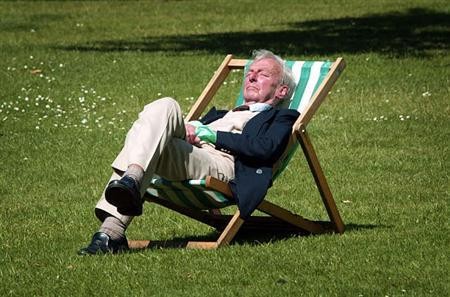It might seem as though the hustle and bustle of modern life itself with its 24/7 news and Twitter alerts has caused most people to suffer from sleep deprivation due to a lack of shut-eye, based on experts' recommendations. However, a new study reveals that people in today's Information Age are probably not more sleep-deprived compared to their hunter-gatherer ancestors.
The scientists' findings were published on October 15, Thursday in the Journal Current Biology.
The researchers examined the lifestyles of three hunter-gatherer groups living in various rural areas. They were located in South America and Africa.
Social scientists learned that the traditional peoples dozed for a little less than 6.5 hours per night. However, people living in industrialized societies nightly get an average of 7 to 8 hours of sleep.
Researchers evaluated the sleeping habits of 94 members of hunter-gatherer societies of the Hadza (Tanzania), the San (Namibia), and the Tsimane (Bolivia).
They collected data about the hunter-gatherers' sleep patterns for 1,165 days, and learned that their snoozing patterns were similar. This was despite their different genes and environments.
They usually slept for about 3 hours after sunset. Evening activities included eating dinner and making arrows.
Previous studies implied that modern people's mid-afternoon sleepiness was natural for humans. However, the researchers learned that modern hunter-gatherers take few naps.
Scientists found another big difference. Just 1.5 to 2.5 percent of all participants had insomnia more than once yearly, according to Live Science. Meanwhile, the figure is 20 percent in the United States.
In addition, the hunter-gatherers slept one hour more during winter than during summer. In modern environments people just turn down a room's thermostat at nighttime, thus eliminating one natural "sleep regulator."
Jerome Siegel of the University of California, Los Angeles was the senior author. He explained that the study's findings go against conventional wisdom, showing that modern humans do not get less sleep than their ancient ancestors did.
Furthermore, past studies have linked sleep deprivation to obesity and chronic disease, according to The Seattle Times. However, the hunter-gatherers in the study were generally svelte and fit.
This video reveals the top 3 causes of sleep deprivation:



























